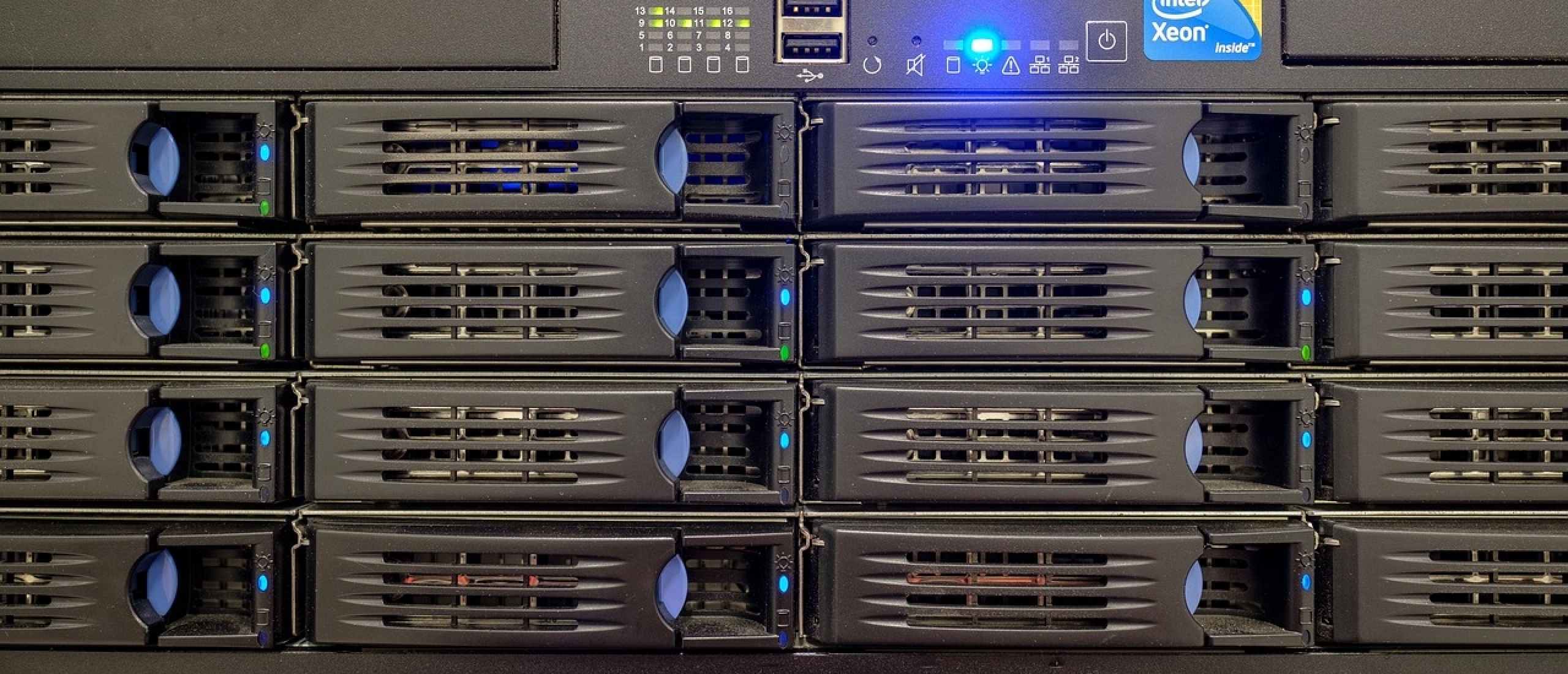
ROK licenses, or Reseller Option Kit licenses, are a specific type of license for Microsoft software, particularly for server products like Windows Server. These licenses are typically provided through Original Equipment Manufacturers (OEMs) or system integrators who offer server hardware. The ROK license is closely tied to the hardware on which it is installed and provides a way to offer pre-configured, optimized server solutions.
How Does the ROK Distribution Model Work?
Microsoft's Reseller Option Kit (ROK) distribution model is a specific distribution model designed to directly link Microsoft software, particularly server products like Windows Server, to the hardware on which it is installed. Here is a detailed overview of how this model works:
- Sales and Distribution through OEMs
ROK licenses are distributed through Original Equipment Manufacturers (OEMs) or system integrators such as HPE, Dell, and Lenovo. These OEMs provide servers that are pre-configured with Microsoft software bundled with a ROK license. The customer thus purchases a complete server solution with the necessary software already included and optimized for that specific hardware.
- Pre-configured Installation
The software provided with a ROK license is often pre-installed on the server or comes with an installation package tailored to the OEM's hardware. This means that the software includes configurations specific to the hardware, ensuring optimized performance and a straightforward installation process. The customer can use the server immediately after receipt without requiring extensive installation and configuration steps.
- Hardware-bound License
A key feature of the ROK licensing model is that the license is strictly tied to the specific hardware on which it is provided. This means that the license cannot be transferred to another server. If the hardware becomes obsolete or defective, the license cannot simply be used on another server. This makes ROK licenses less flexible than, for example, volume licenses.
- Support and Warranty
With a ROK license, support and warranty are typically provided by the OEM rather than directly by Microsoft. This means that if there are issues with the software or hardware, the customer must contact the OEM that provided both the hardware and the software. The OEM generally offers integrated support, which can be convenient because there is only one point of contact for both hardware and software issues.
- Specific Target Audience
The ROK licensing model is primarily aimed at small to medium-sized businesses and organizations that need a ready-to-use server solution without extensive customization requirements. This model is less suitable for larger companies or organizations with complex IT environments due to its limited flexibility.
- Costs and Pricing Structure
ROK licenses can sometimes be cheaper than other types of licenses because they are bundled with the hardware and often purchased in large quantities by the OEM. This can provide a cost advantage for companies that want to purchase server hardware and software together. However, this is often not the case in practice, and traditional volume licenses are almost always cheaper.
- License Management
Managing ROK licenses is relatively straightforward because the license is tied to a specific server. There is no need for complex license management procedures or tracking licenses across different machines. This can reduce administrative burdens, especially for smaller companies without extensive IT departments.
Which ROK Licenses Are Available?
ROK licenses are mainly available for Microsoft server products. The most common Microsoft licenses available as ROK licenses are:
- Windows Server:
- Windows Server Standard
- Windows Server Datacenter
- Windows Server Essentials
- Microsoft SQL Server:
- SQL Server Standard
- SQL Server Enterprise
- Microsoft Hyper-V Server:
- Hyper-V Server (standalone)
- Microsoft System Center:
- System Center Standard
- System Center Datacenter
- Microsoft Exchange Server (in some cases depending on the OEM).
ROK Licenses vs. Normal Licenses
ROK licenses have some clear advantages but also limitations compared to standard licenses:
- Advantages of ROK Licenses:
- Simple Implementation: Since the software is already optimized for the specific hardware, the implementation can be much faster and easier. This is especially attractive for smaller organizations or companies without an extensive IT department.
- Cost Advantage: In some cases, ROK licenses can be cheaper than separate software licenses because they are sold as part of a hardware bundle.
- Integrated Support: The link between hardware and software means that customers have only one point of contact for issues, simplifying management.
- Disadvantages of ROK Licenses:
- Limited Flexibility: Because the license is hardware-bound, it offers little flexibility. If the hardware becomes obsolete or is replaced, the license is not transferable to a new system.
- Limited Options: Not all Microsoft products are available through ROK licenses, and the choices may be more limited than with volume licenses.
- Support Dependent on OEM: The quality of support may vary depending on the OEM. If the supplier does not have sufficient expertise, this can lead to problems in resolving complex issues.
Is it possible to use volume license CALs for my ROK server license?
Yes, you can use volume license CALs to access a Windows Server installed with a ROK license. This provides organizations with the flexibility to manage their CALs through a volume licensing program while running the server itself under a ROK license.
The Added Value of ROK Licenses
The added value of ROK licenses lies mainly in the simplicity and efficiency of implementation for companies looking for a ready-to-use solution. ROK licenses can be attractive for companies that need a fast, pre-configured server solution without the need for complex customization.
On the other hand, for larger organizations with extensive IT environments or companies that need more flexibility and scalability, standard volume licenses may be more appealing. These offer more freedom in managing licenses, can be transferred between servers, and often provide more options for support and upgrades.
Conclusion
While ROK licenses offer attractive benefits such as simple implementation and potential cost savings for small to medium-sized businesses, the disadvantages often outweigh the benefits for many organizations. The hardware-bound nature of ROK licenses significantly limits flexibility. If the hardware becomes obsolete or needs to be replaced, the license cannot simply be transferred to a new server, leading to additional costs and complications. Moreover, dependency on OEMs for support is a potential risk; the quality and availability of support can vary, causing problems when resolving complex technical issues.
For many companies, standard volume licenses offer a more attractive alternative. These licenses are not tied to specific hardware, providing more flexibility in managing and migrating licenses between servers. Additionally, volume licenses often offer more extensive options for support and upgrades, making them better suited for organizations that require scalable and future-proof IT solutions. In most cases, volume licenses are also easier to manage and offer more value in the long term.
Take a look at the volume license range at Softtrader and save up to 70% on purchasing Microsoft software.










